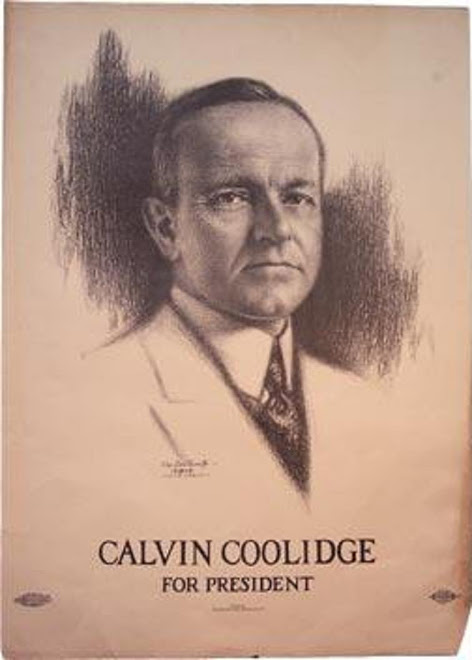we have had recent occasion to quote approvingly the statement of former Chief Justice Hughes that the war power of the Government is 'the power to wage war successfully.' . . . Therefore, the validity of action under the war power must be judged wholly in the context of war. That action is not to be stigmatized as lawless because like action in times of peace would be lawless. To talk about a military order that expresses an allowable judgment of war needs by those entrusted with the duty of conducting war as 'an unconstitutional order' is to suffuse a part of the Constitution with an atmosphere of unconstitutionality. The respective spheres of action of military authorities and of judges are of course very different. But within their sphere, military authorities are no more outside the bounds of obedience to the Constitution than are judges within theirs. . . . To recognize that military orders are 'reasonably expedient military precautions' in time of war and yet to deny them constitutional legitimacy makes of the Constitution an instrument for dialetic subtleties not reasonably to be attributed to the hard-headed Framers, of whom a majority had had actual participation in war. If a military order such as that under review does not transcend the means appropriate for conducting war, such action . . . is as constitutional as would be any authorized action by the Interstate Commerce Commission within the limits of the constitutional power to regulate commerce.In spite of that, we now have men and women who seem opposed to the notion that fighting a war in order to win it is every bit as constitutional as regulating interstate commerce in order to dictate the labeling of canned goods. How is it that such men and women can go so wrong? Here's how:
- They understand, correctly, that citizens may not be deprived of liberty without due process of law.
- They twist that principle to mean that due process of law is synonymous with liberty.
- That leads them to challenge any defense of liberty that -- in their view -- violates due process, even if the result of their challenge is to enable the enemies of liberty
Related posts:
Getting It Wrong: Civil Libertarians and the War on Terror (A Case Study)
More about War and Civil Liberties
The Illogic of Knee-Jerk Civil Liberties Advocates
Torture and Morality
The Constitution and Warrantless "Eavesdropping"
NSA "Eavesdropping": The Last Word (from Me)
Privacy, Security, and Electronic Surveillance
Privacy: Variations on the Theme of Liberty
Words for the Unwise
Recommended Reading about NSA's Surveillance Program
